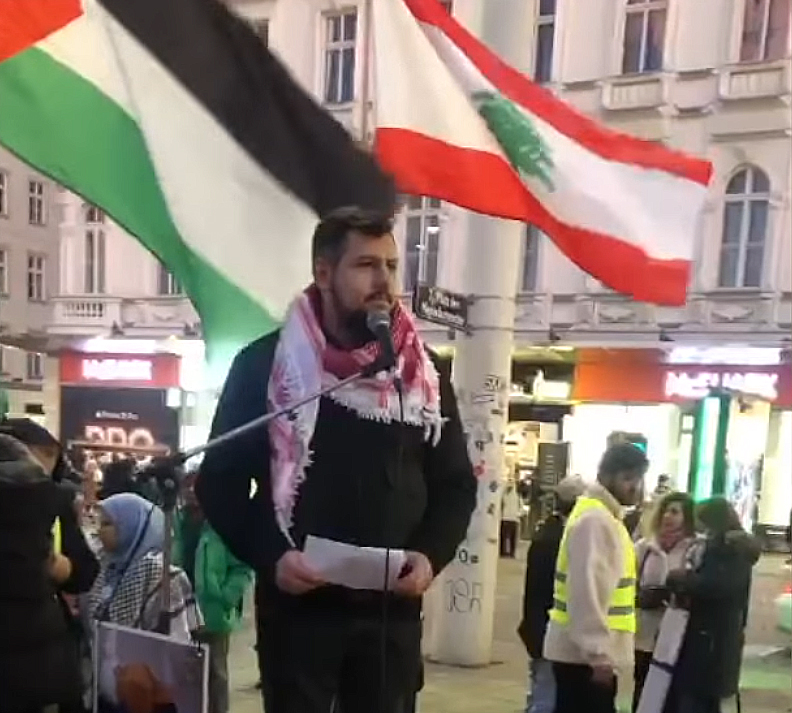The escalating humanitarian crisis in Gaza has drawn significant global attention, with Pope Francis and human rights activists urging investigations into alleged atrocities, while the UK government resists labeling the situation as genocide, sparking widespread debate.
Pope Francis Calls for Genocide Investigation
Pope Francis today made an unprecedented appeal for an international investigation into whether Israel’s military operations in Gaza meet the legal definition of genocide. In excerpts from his forthcoming book, the pontiff emphasized the need for an impartial inquiry, citing reports of civilian casualties, mass displacement, and actions described by experts as having “characteristics of genocide.”
The Vatican’s call aligns with allegations from organizations like Human Rights Watch (HRW), which accuse Israeli authorities of war crimes, including deliberate mass displacement of Palestinians in Gaza. HRW’s report has further fueled demands for independent inquiries into possible violations of international law.
Adding a personal dimension to his stance, Pope Francis recently met with former hostages held by Hamas in Gaza. During the meeting, he expressed solidarity with the victims and reiterated the importance of addressing the crisis with both justice and humanity.
UK Government Rejects Genocide Label
In stark contrast, UK Prime Minister Keir Starmer has categorically denied that Israel’s actions in Gaza constitute genocide. During a session of Prime Minister’s Questions in the House of Commons, Starmer stated, “I’m well aware of the definition of genocide, and that is why I’ve never described this as and referred to it as genocide.” His remarks followed a challenge by Independent lawmaker Ayoub Khan, who questioned the UK government’s reluctance to use the term.
Foreign Secretary David Lammy earlier suggested that the term genocide should be reserved for atrocities like the Holocaust and the Rwandan genocide, implying that the situation in Gaza does not meet this threshold. Critics, however, argue that this position reflects a broader strategy to shield Israel from accountability, with reports emerging that Starmer’s administration is considering redefining genocide under UK law.
Arrest of Human Rights Activist Sparks Outrage
The arrest of Jersey-based human rights campaigner Natalie Striker this weekend brought further attention to the crisis and its surrounding controversies. Striker, a former monitor in the West Bank, was detained under the Jersey Terrorism Law of 2002 after returning from protests in the Middle East. She was accused of supporting a proscribed organization and held for over 12 hours before being released on bail.
Striker described her arrest as an attack on free speech and peaceful activism, a sentiment echoed by civil liberties groups and journalists who have also faced crackdowns under similar legislation. Critics claim that the UK’s anti-terrorism laws, with their vague definitions, are being misused to suppress dissent and criminalize opposition to Israeli policies.
A Divided International Response
The crisis has underscored the growing divide in international perspectives. While Pope Francis and global human rights organizations demand justice, the UK’s stance has drawn criticism from activists and legal experts who accuse the government of enabling impunity for alleged war crimes in Gaza.
According to UN statistics, over 45,000 Palestinians—70% of them women and children—have died in the ongoing conflict. Bombings targeting civilian areas, hospitals, and refugee camps have intensified calls for a ceasefire and accountability. Despite this, the UK government’s unwavering support for Israel has further polarized the discourse, with activists accusing it of prioritizing political alliances over human rights.
A Call for Justice
The alignment between moral authority and grassroots activism could prove pivotal. Pope Francis’s plea for accountability, combined with growing public outrage over arrests like Natalie Striker’s, is amplifying calls for international action. As the Vatican champions peace and justice, activists urge governments to uphold human dignity and confront the humanitarian catastrophe in Gaza.
The coming weeks will determine whether global leaders respond to these calls or continue to navigate the crisis with a focus on diplomatic and political interests. For now, the situation remains a profound challenge to the international community’s commitment to justice and human rights.




